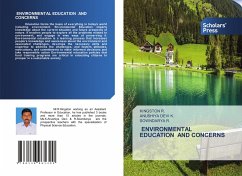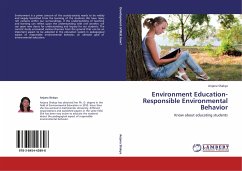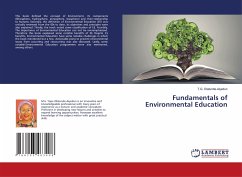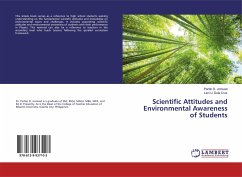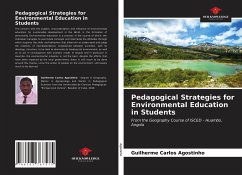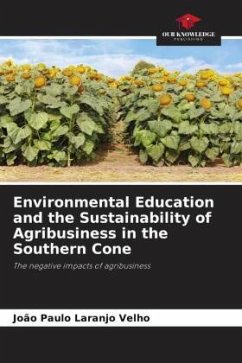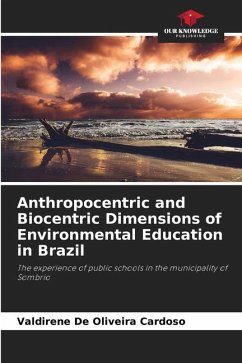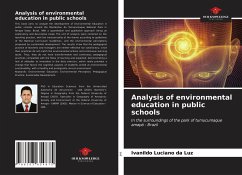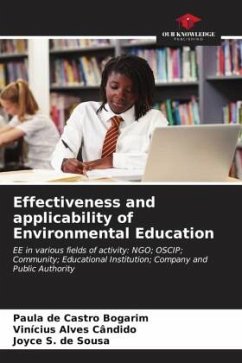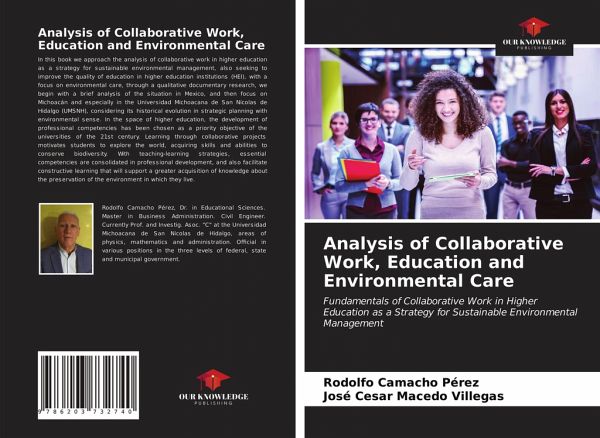
Analysis of Collaborative Work, Education and Environmental Care
Fundamentals of Collaborative Work in Higher Education as a Strategy for Sustainable Environmental Management
Versandkostenfrei!
Versandfertig in 6-10 Tagen
27,99 €
inkl. MwSt.

PAYBACK Punkte
14 °P sammeln!
In this book we approach the analysis of collaborative work in higher education as a strategy for sustainable environmental management, also seeking to improve the quality of education in higher education institutions (HEI), with a focus on environmental care, through a qualitative documentary research, we begin with a brief analysis of the situation in Mexico, and then focus on Michoacán and especially in the Universidad Michoacana de San Nicolas de Hidalgo (UMSNH), considering its historical evolution in strategic planning with environmental sense. In the space of higher education, the deve...
In this book we approach the analysis of collaborative work in higher education as a strategy for sustainable environmental management, also seeking to improve the quality of education in higher education institutions (HEI), with a focus on environmental care, through a qualitative documentary research, we begin with a brief analysis of the situation in Mexico, and then focus on Michoacán and especially in the Universidad Michoacana de San Nicolas de Hidalgo (UMSNH), considering its historical evolution in strategic planning with environmental sense. In the space of higher education, the development of professional competencies has been chosen as a priority objective of the universities of the 21st century. Learning through collaborative projects motivates students to explore the world, acquiring skills and abilities to conserve biodiversity. With teaching-learning strategies, essential competencies are consolidated in professional development, and also facilitate constructive learning that will support a greater acquisition of knowledge about the preservation of the environment in which they live.




